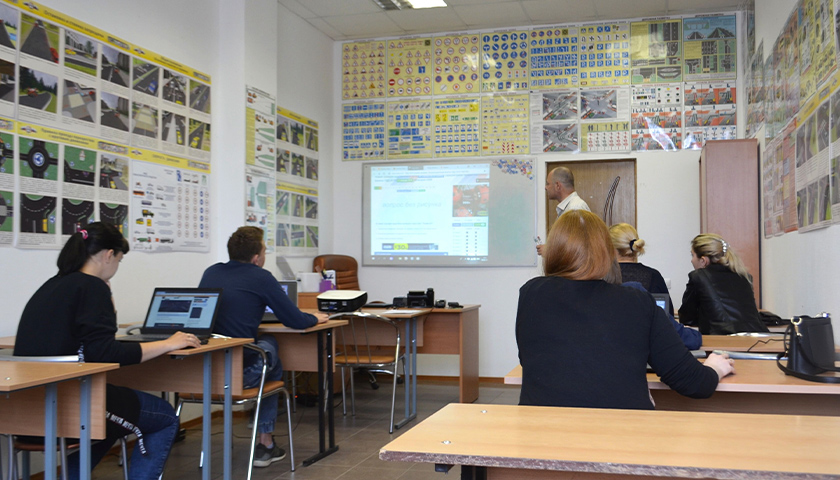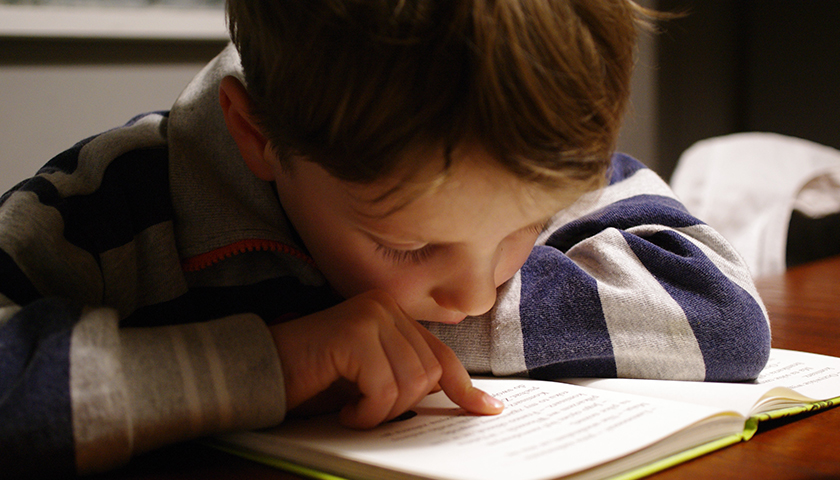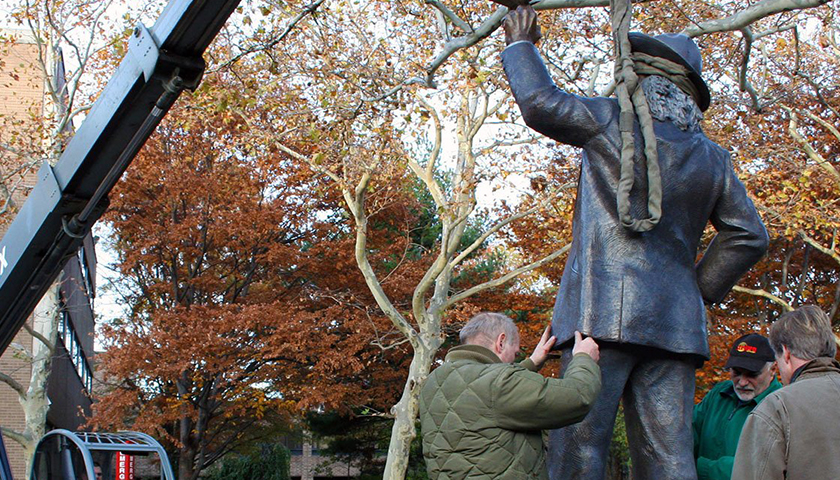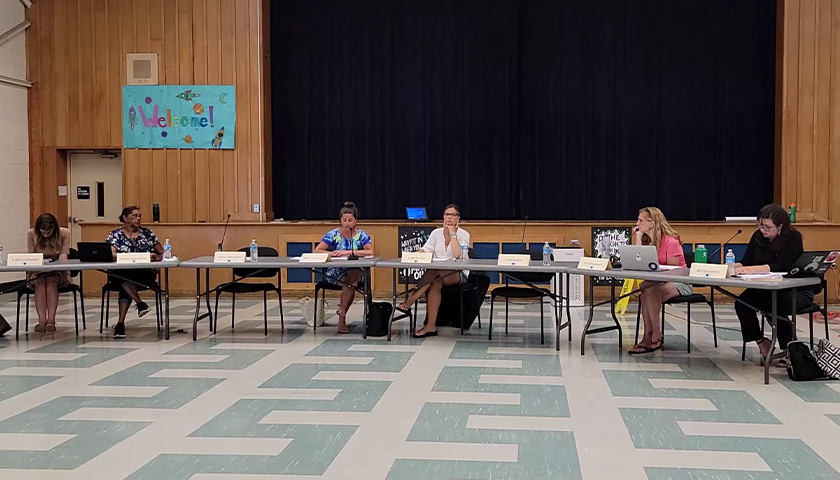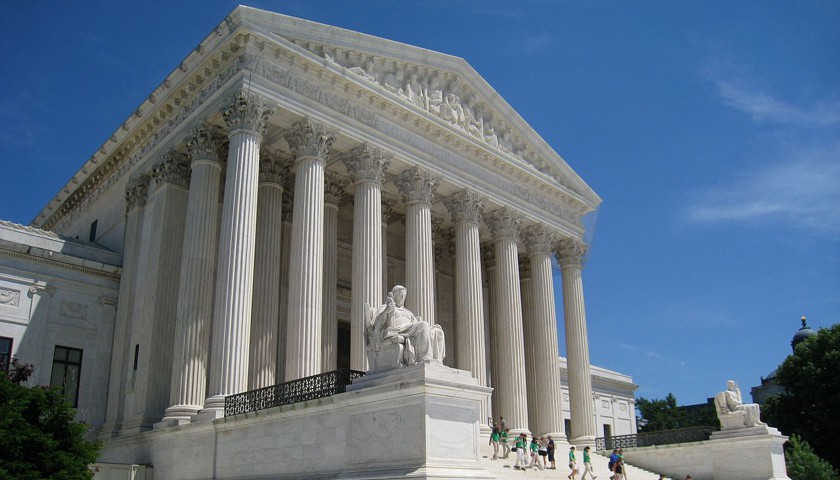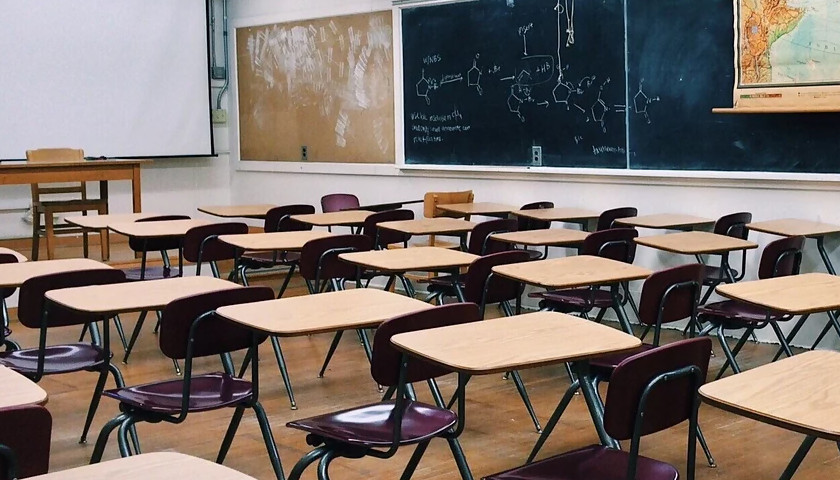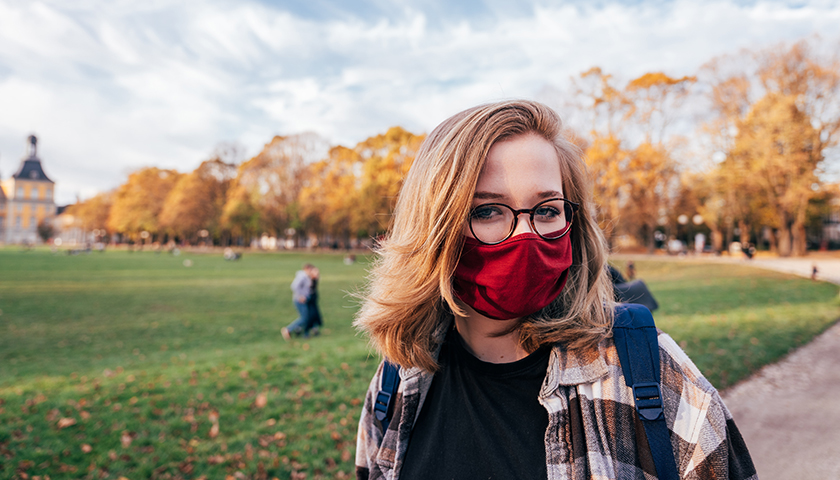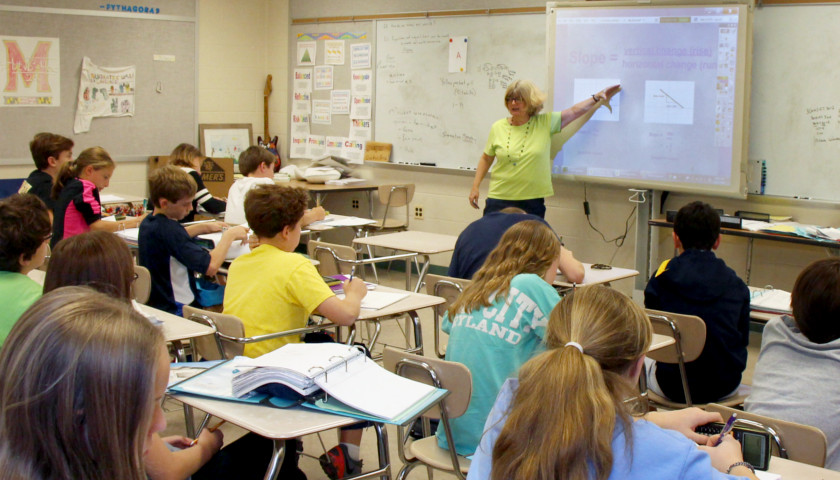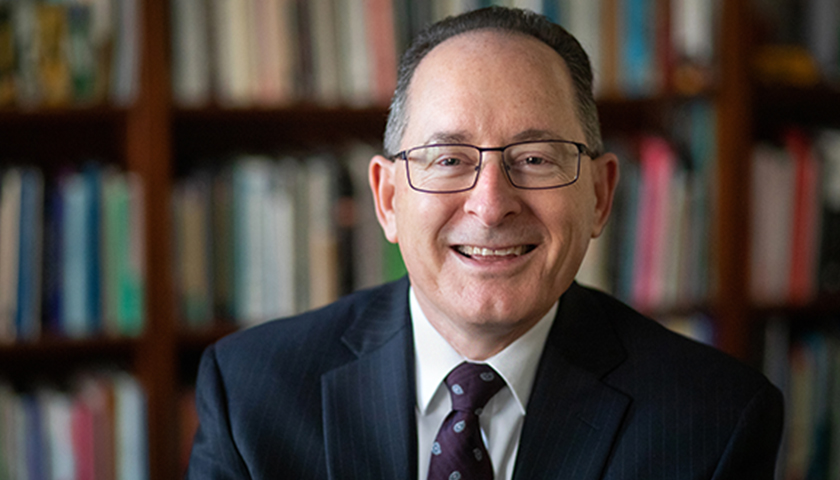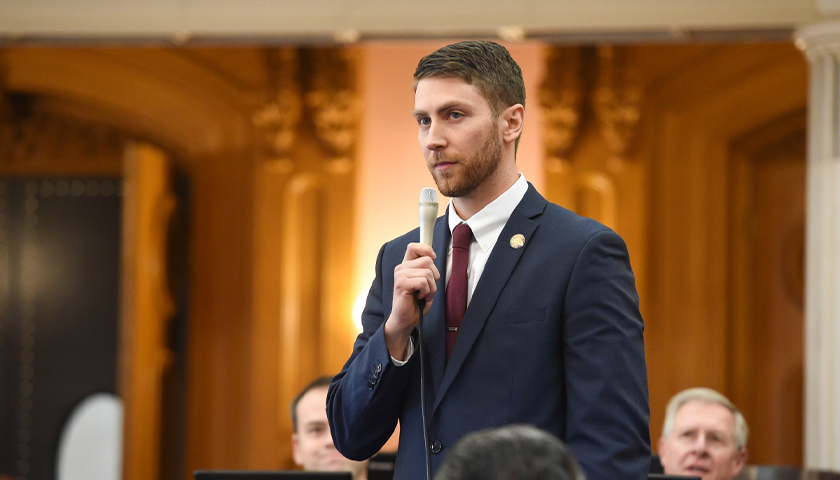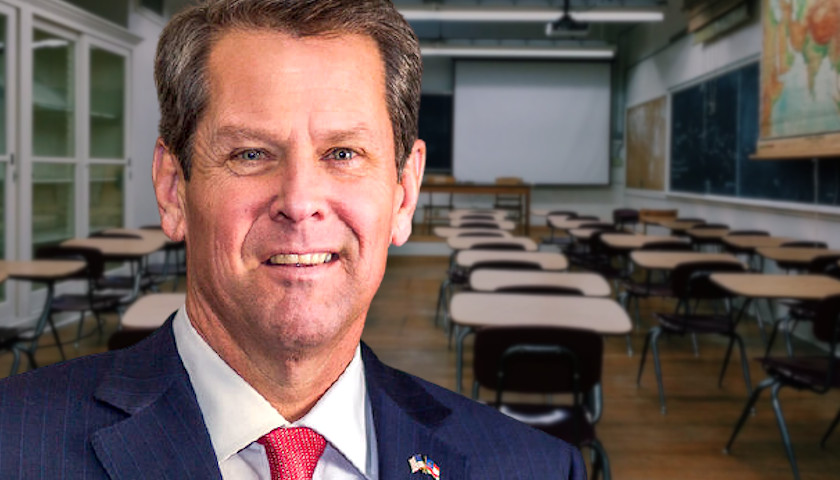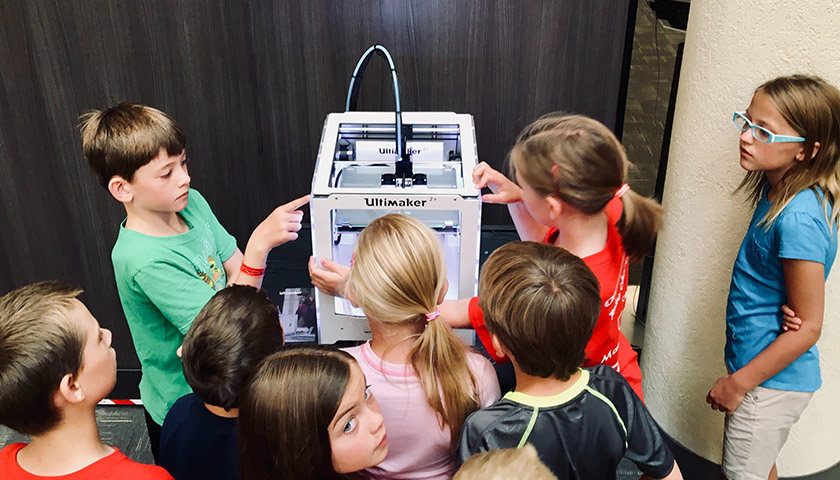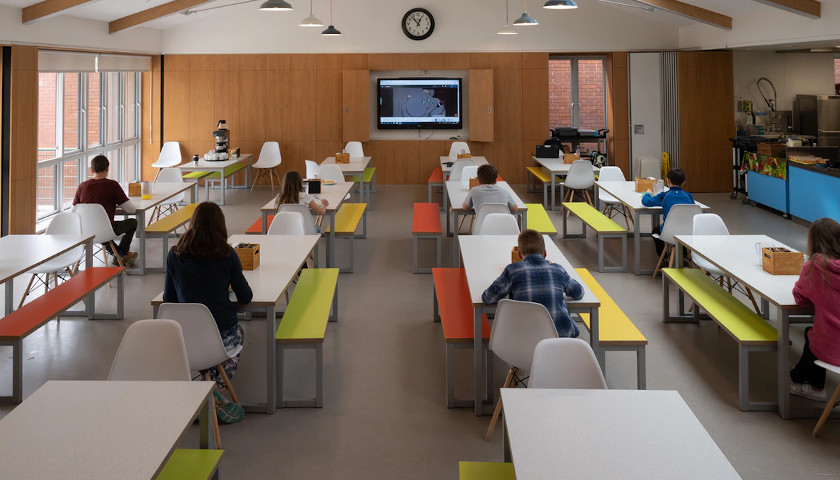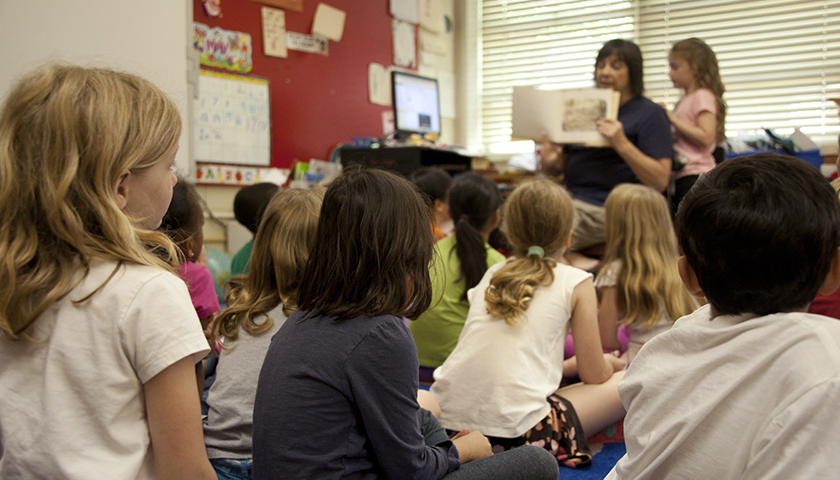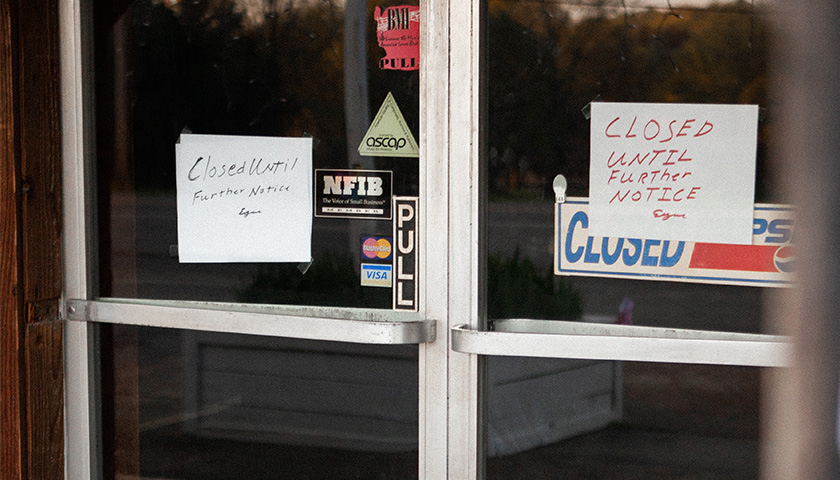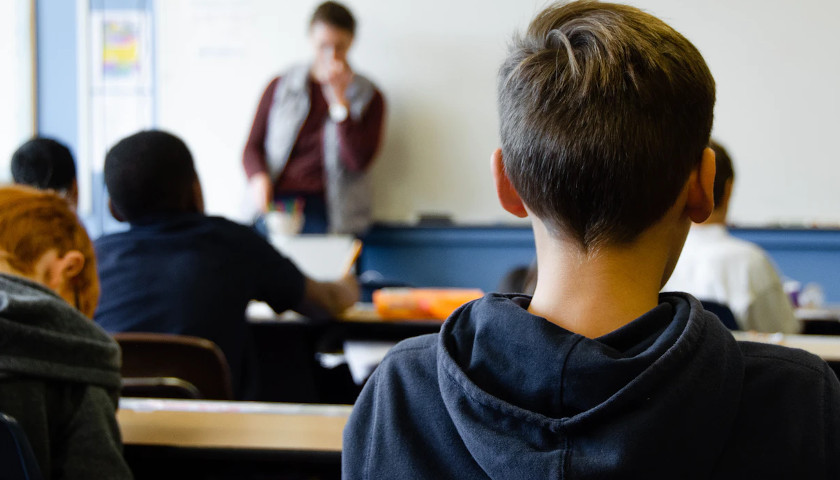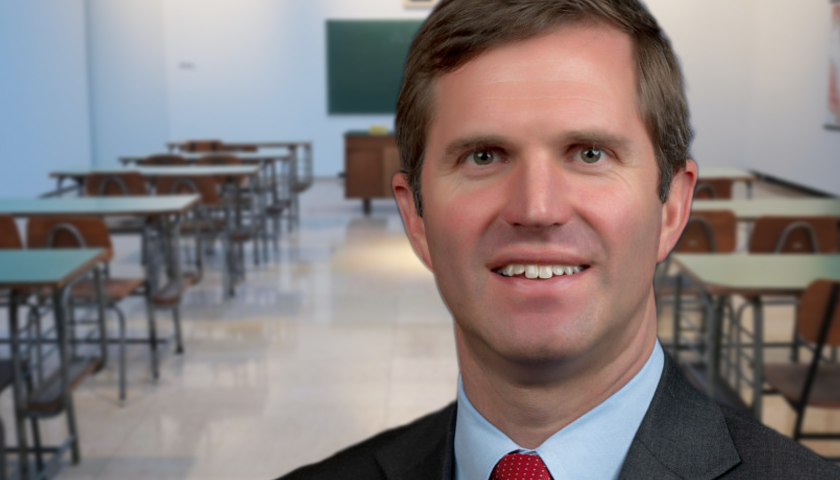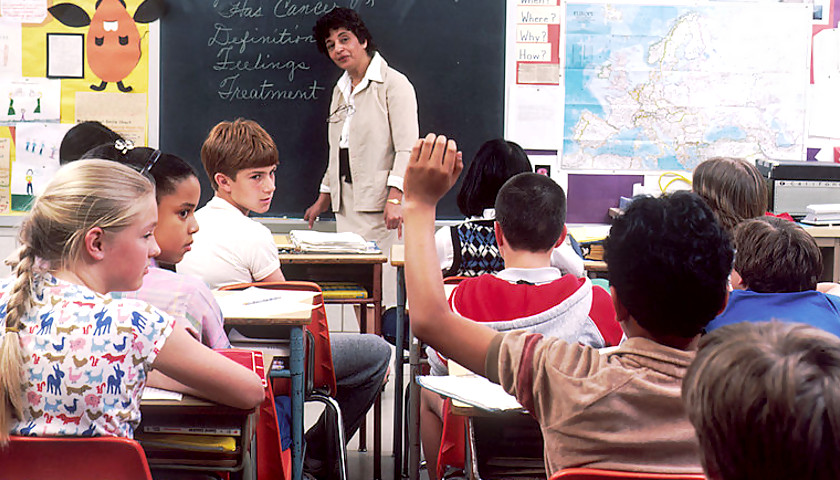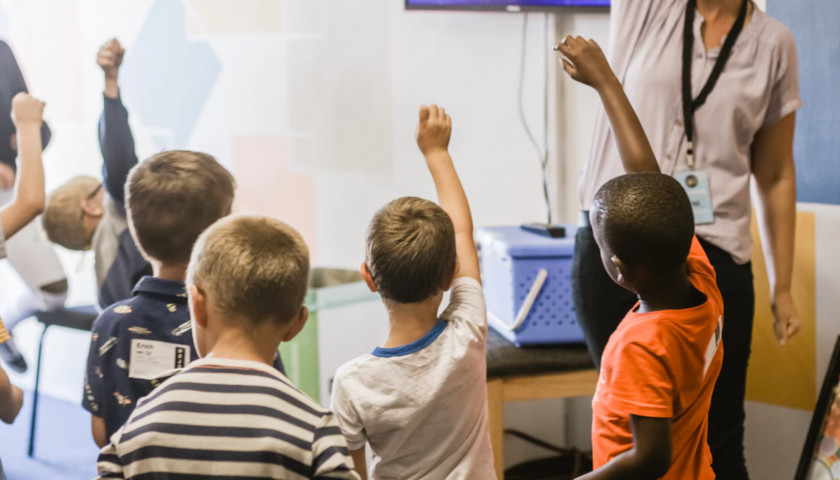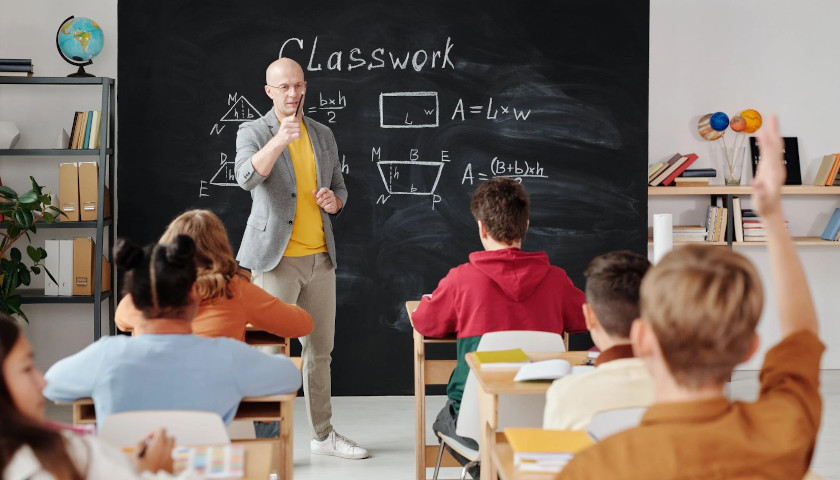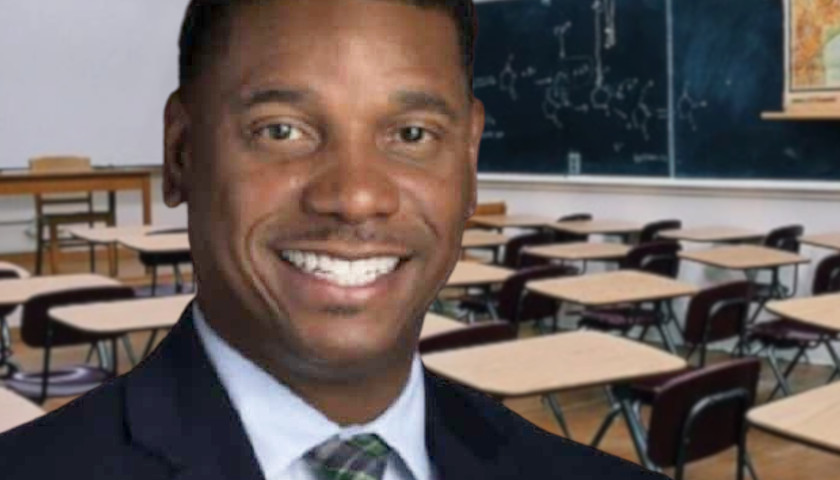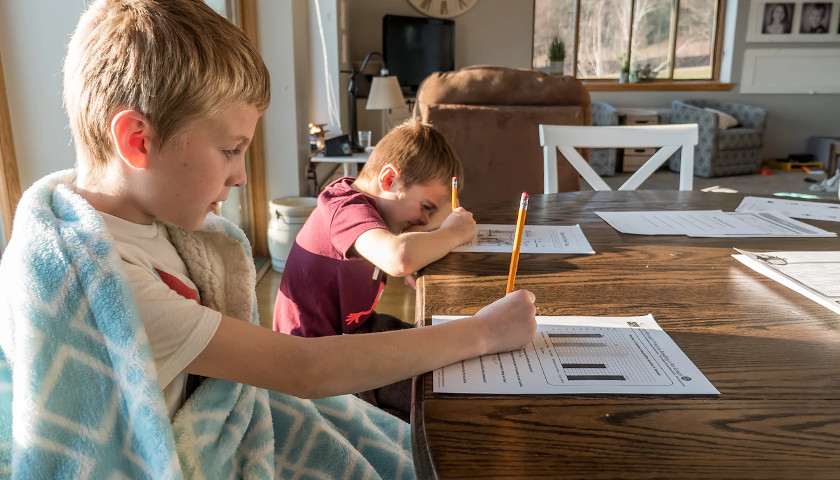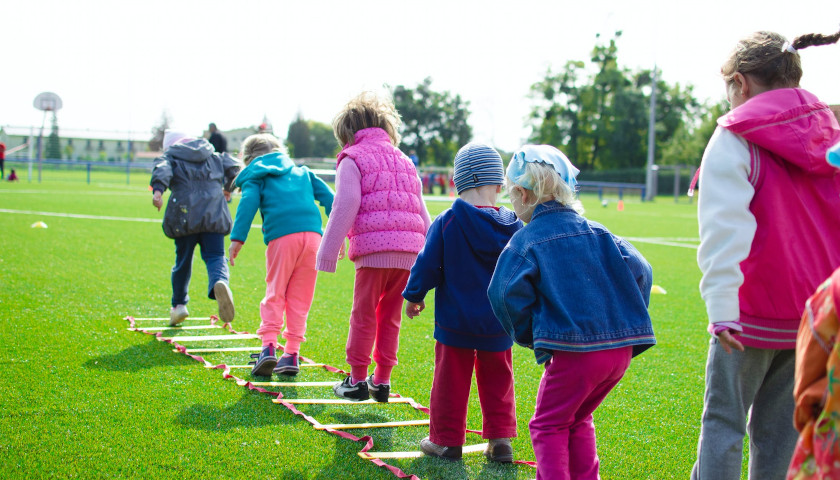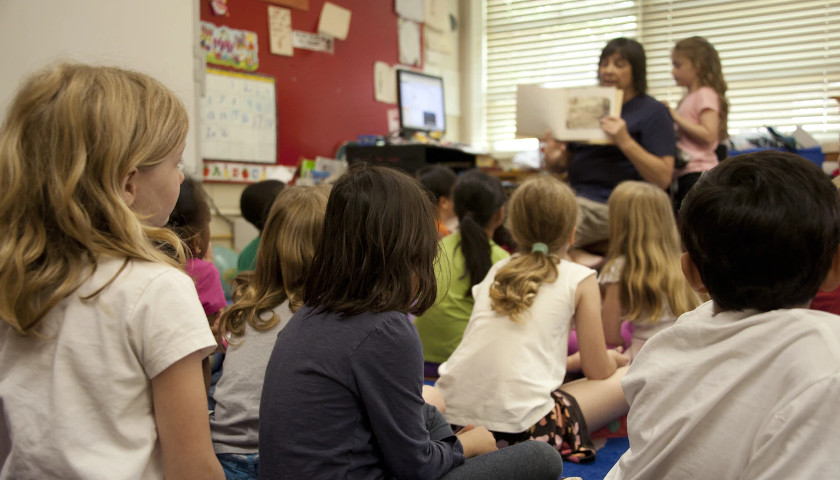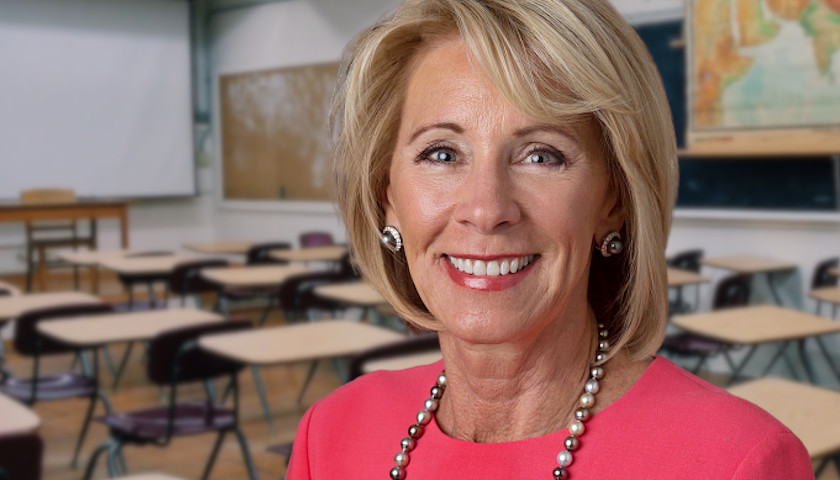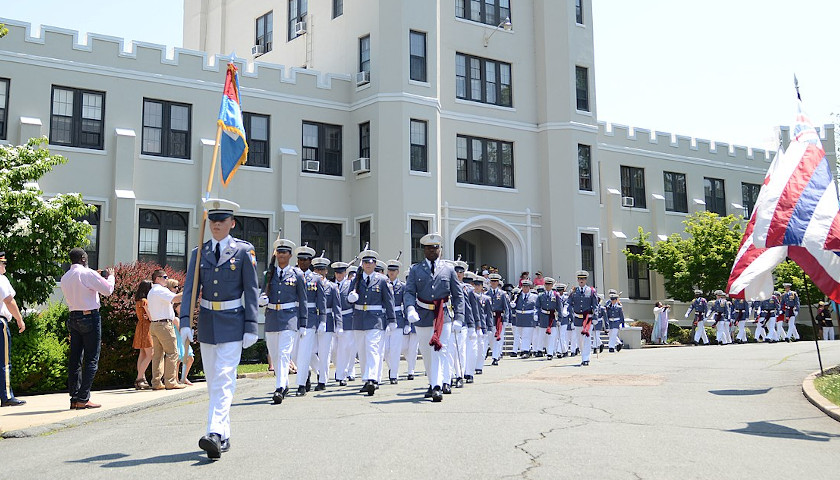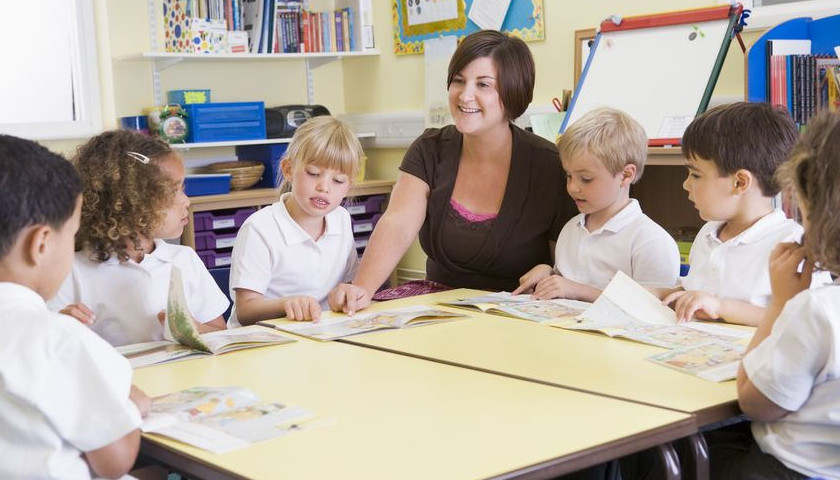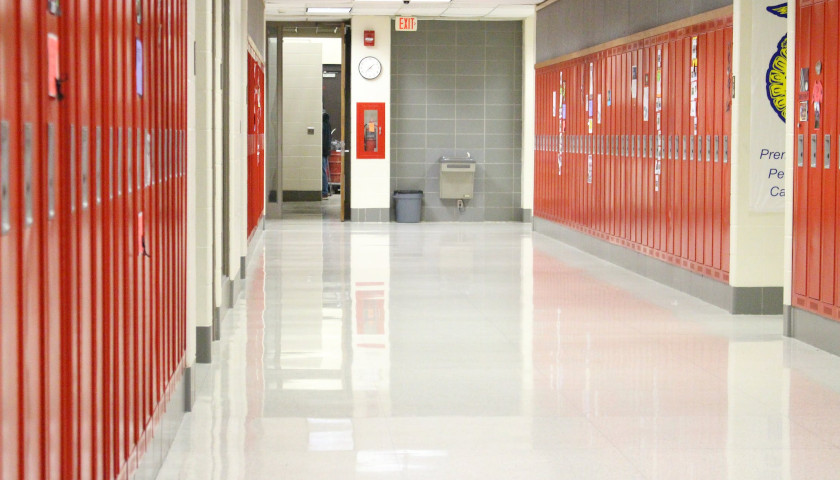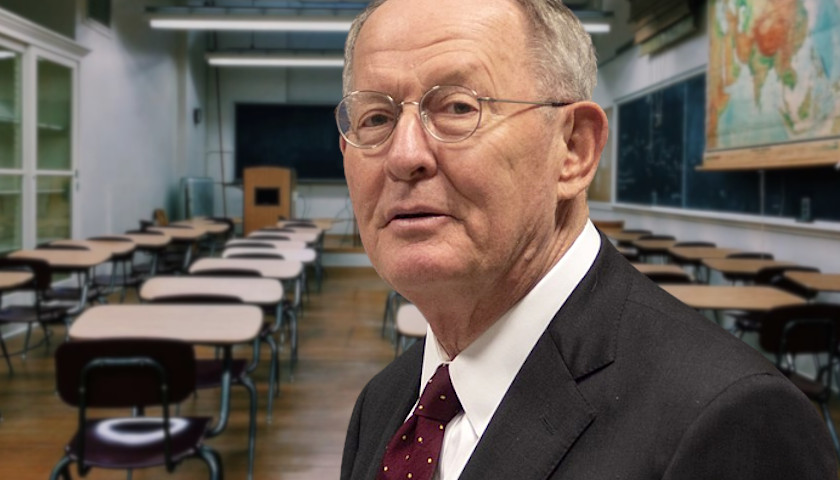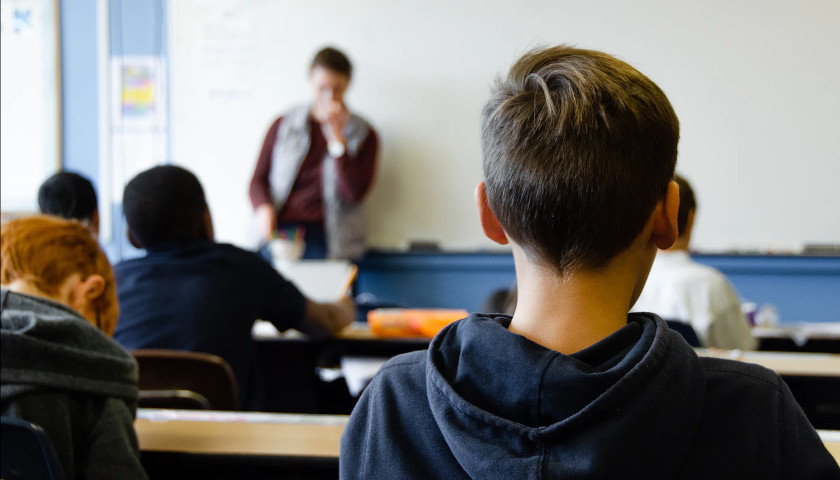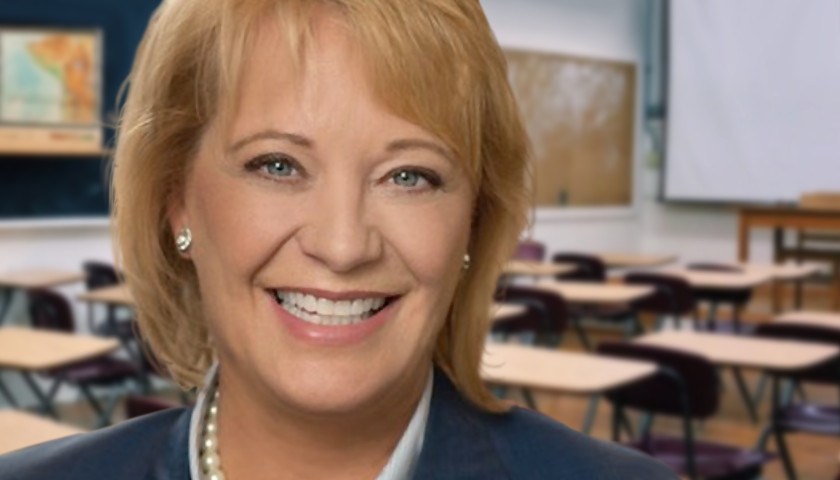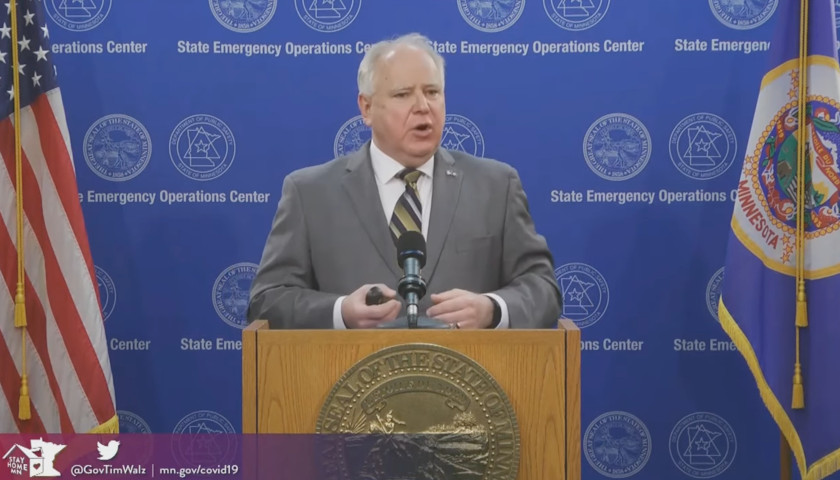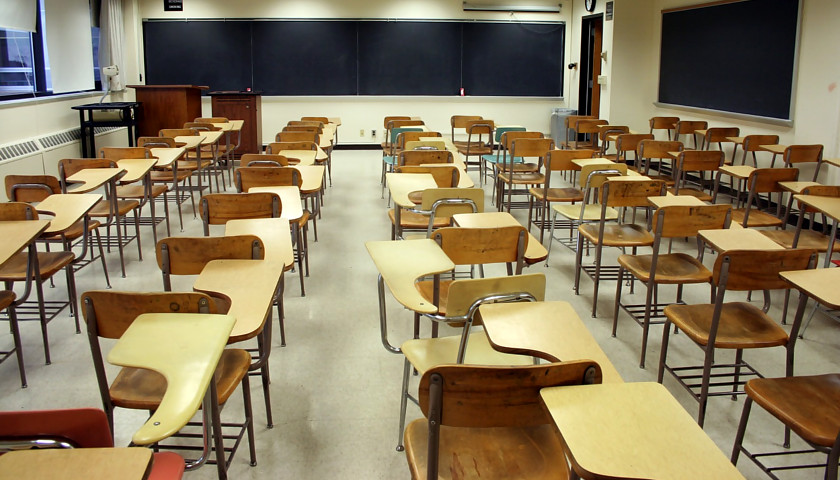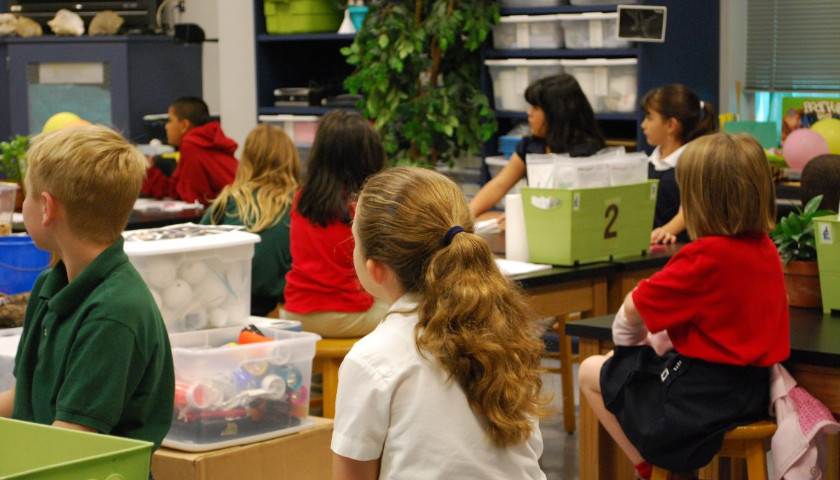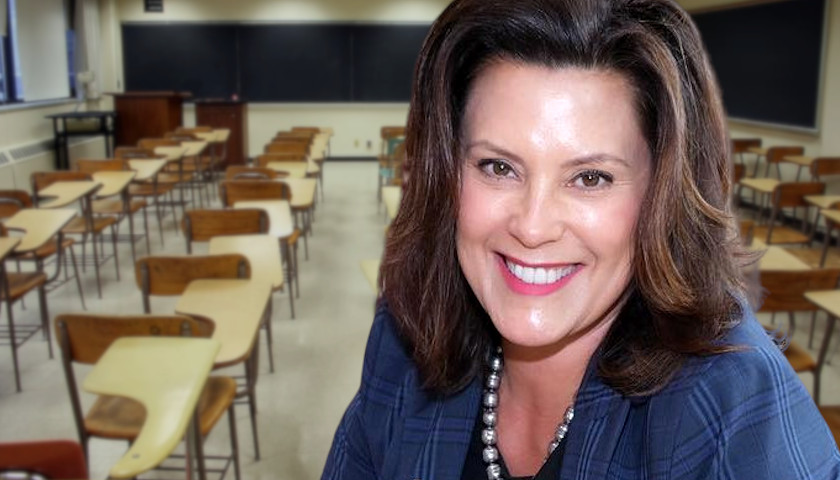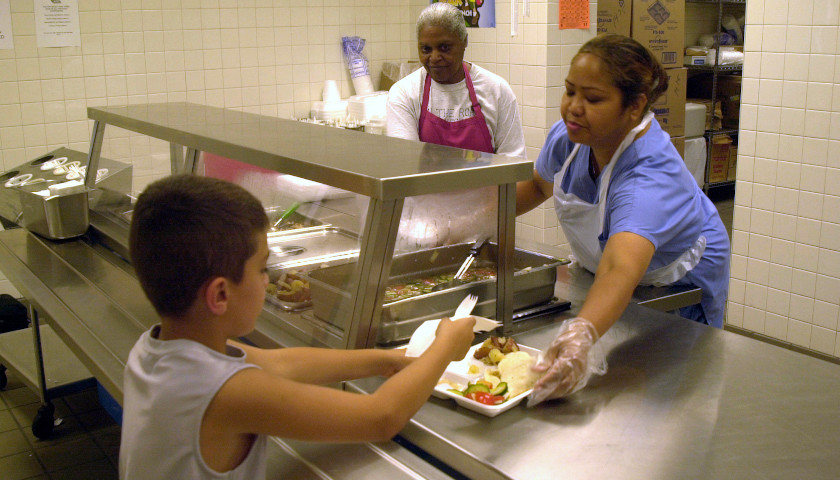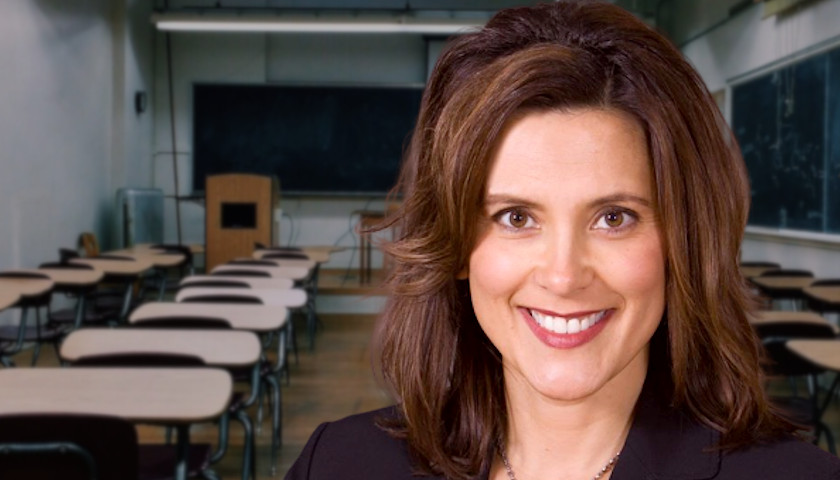Critical Race Theory continues to permeate our classrooms and infect our children’s minds with outrageous ideas about their nation’s history. But a growing number of Americans are standing up to fight back against its false tenets and demand its removal from K-12 education. At the forefront of this patriotic effort is 1776 Action, an advocacy group committed to the vital work of restoring honest and unifying education in public schools throughout the nation.
The group’s Candidate Pledge has garnered national attention in recent weeks for its emphasis on America’s values and its vow to eradicate divisive race- and gender-based ideologies such as CRT from America’s schools. Political candidates who sign the pledge commit to restoring “honest, patriotic education that cultivates in our children a profound love for our country” and to promoting a curriculum that “teaches that all children are created equal, have equal moral value under God, our Constitution, and the law, and are members of a national community united by our founding principles.” The pledge also seeks to prohibit any curriculum that divides students by race and sex – or sets out to infuse harmful ideologies into course material.
In May, Gov. Kristi Noem (R-SD) became the first candidate to sign the pledge, declaring that CRT and similarly divisive theories are “shameful [and] must be stopped.” Other high-profile conservatives running for office, such as Republican nominee for Governor of Virginia Glenn Youngkin, also vowed to replace CRT with “a high-quality civics curriculum.” The two Republican candidates for Governor of Kansas, former Gov. Dr. Jeff Colyer and Kansas Atty. Gen. Derek Schmidt, have also signed the pledge. As more candidates sign this pledge, it will put pressure on teachers, principals, and school boards to declare their stances on CRT and other key educational matters. It will also hold them accountable for the materials they teach and ensure our children are not indoctrinated with malicious theories that seek to denigrate our country and reduce students to their sex or skin color.
Read the full story

